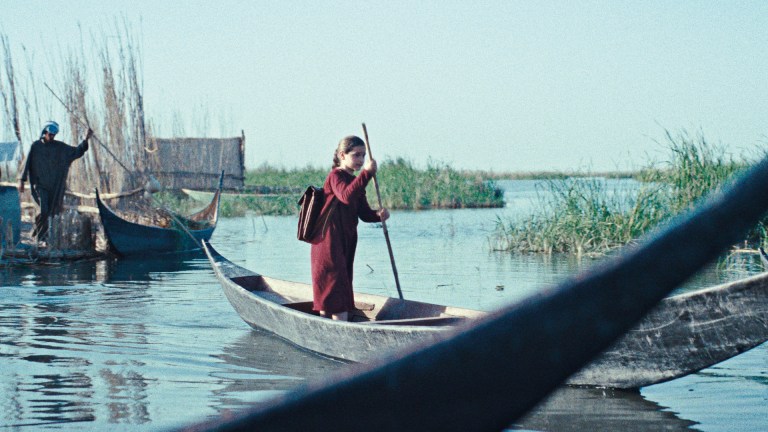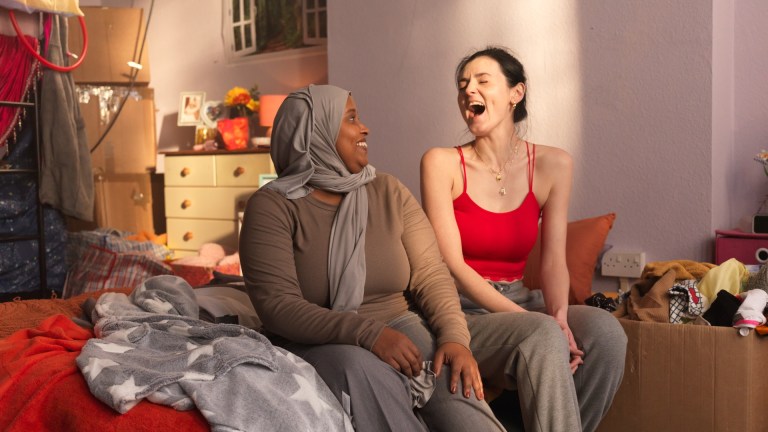When we first see Renée Zellweger as Judy Garland in Judy, she is not so much over the rainbow as over the hill. The year is 1969, and the beloved actress and singer has been reduced to performing late-night cash-in-hand gigs at low-rent LA clubs. She has her two youngest children in tow, possibly to save money on a babysitter, but even though the environs are a little shabby and Garland initially looks drawn and tired, taking the stage seems to relight some inner fire. She comes alive in performance, a reawakening captured in reverent slow-motion over the opening credits.
This textured biopic is not particularly interested in mapping out how the iconic Wizard of Oz star ended up ostracised by a movie industry she practically helped create. It is left to her sallow ex-husband Sidney Luft (Rufus Sewell, hardening his usual wicked charm into cold cruelty) to darkly hint at a ragged history of missed call-times, prickly behaviour and diva strops.
Instead, director Rupert Goold cuts between the precarious present – where an anguished Garland leaves her kids behind to take on a lucrative cabaret residency in London – and the earliest days of her screen career, and invites viewers to connect the damaged dots. The young Judy (played by English actress Darci Shaw) is loomed over by callous mogul Louis B Mayer and fed a steady diet of pills by a tyrannical chaperone; in 1969, Garland struggles with perpetual insomnia and self-medicates with cocktails and whatever else she can get her hands on.
Garland’s frazzled, unpredictable disposition periodically injects this semi-musical with the nail-biting tension of a thriller. When she is about to make her Talk of the Town debut, there is the stomach-sinking feeling that everything is about to go disastrously wrong. Zellweger, who bravely does her own singing, is compelling in these moments, prowling the stage and belting out Garland standards like By Myself and The Trolley Song but never quite losing that teetering sensation that it could all come crashing down the following night. (And when things do go sideways, she mostly gives as good as she gets when it comes to boorish hecklers.)
Garland begins to enjoy her London furlough. She bonds with a local gay couple who idolise her and is pursued over the Atlantic by a young and eager suitor, the would-be cocktail entrepreneur Mickey Deans (a very studly Finn Wittrock). But anyone with even a passing knowledge of Garland’s career knows that any relief will be fleeting, an underpinning of sadness that helps give this often rather scattershot film some emotional ballast.









